Reflecting on Seeds of Opportunity: A National Study of JOFEE
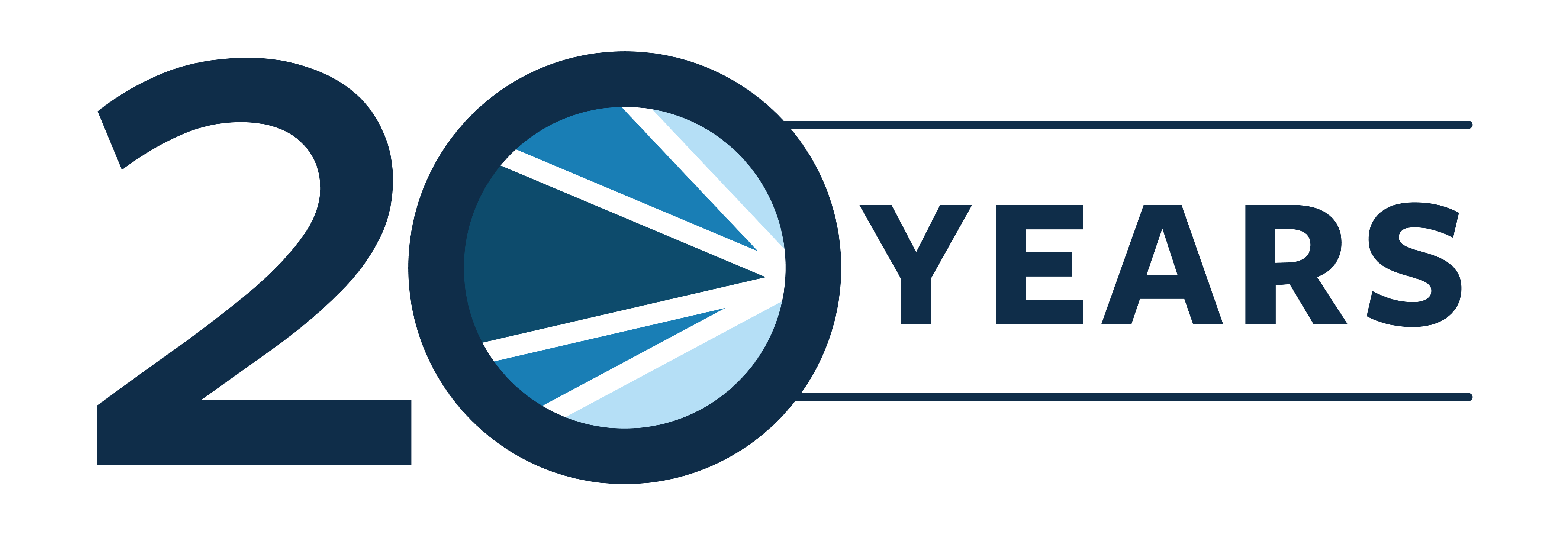 As the Foundation marks our 20th anniversary in 2025, we are pleased to elevate some of the individuals, organizations, and research that have left an indelible mark on the field over the last two decades.
As the Foundation marks our 20th anniversary in 2025, we are pleased to elevate some of the individuals, organizations, and research that have left an indelible mark on the field over the last two decades.

What does it take to build a new field or significantly elevate a nascent one? Over 20 years, the Foundation asked this question on multiple occasions. Often, finding the answers started with research. In this feature, Rabbi Zelig Golden of Wilderness Torah and Jakir Manela of Adamah look back on Seeds of Opportunity: A National Study of Immersive Jewish Outdoor, Food, and Environmental Education (JOFEE) (2014), groundbreaking research that, along with talented and committed leaders, changed Jewish life and learning. We’re grateful to them for sharing reflections below.
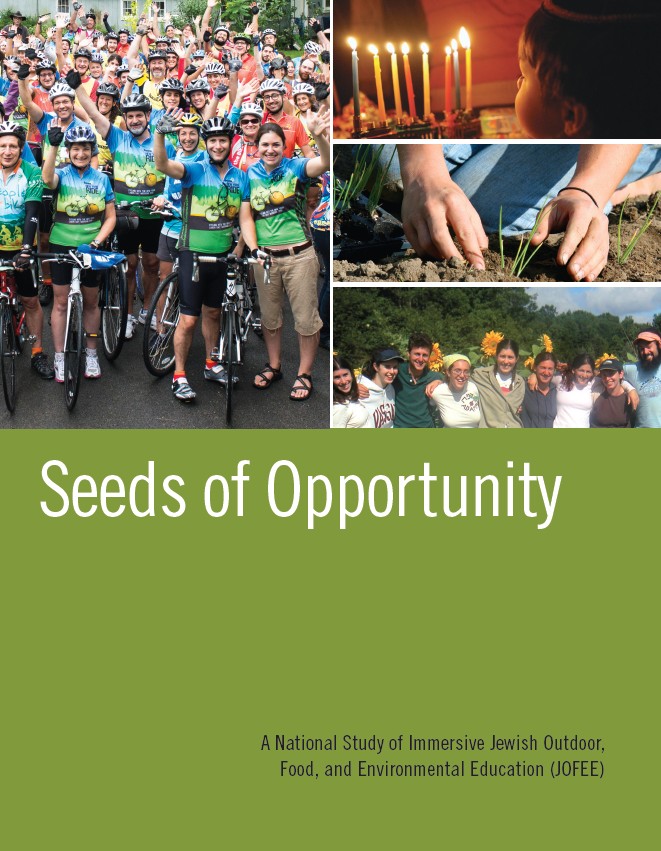
Participation in JOFEE experiences showed me that Judaism could look different than the form that I grew up with. JOFEE connected the things that I care most about (environment, outdoor education) to my Jewish identity, and pushed me to become interested in food and food justice as well. – JOFEE Participant quoted in 2014's Seeds of Opportunity It’s only been 15 years since JOFEE has come into being. If you look at the field as a whole, we’re really just leaving childhood, and it’s stunning how rapidly the field has grown. – JOFEE Professional quoted in 2014's Seeds of Opportunity
View ReportSeeds of Opportunity, authored by Informing Change, captured the potential of JOFEE (a term coined in 2013) noting, "Over the past decade, observers of Jewish education have seen a growing interest in experiences that integrate Jewish learning with outdoor, food, and environmental issues. Local, regional and national philanthropists and practitioners have invested time and resources to develop innovative learning opportunities that address these issues, including new initiatives and organizations, some of which have expanded their reach globally."
How many JOFEE programs existed? How were programs expanding? Who was participating and leading them? What influence did those programs have on individuals, organizations and communities? The research answered those questions and enabled funders, practitioners, and other leaders to make meaning of the findings and elevate a nascent field.
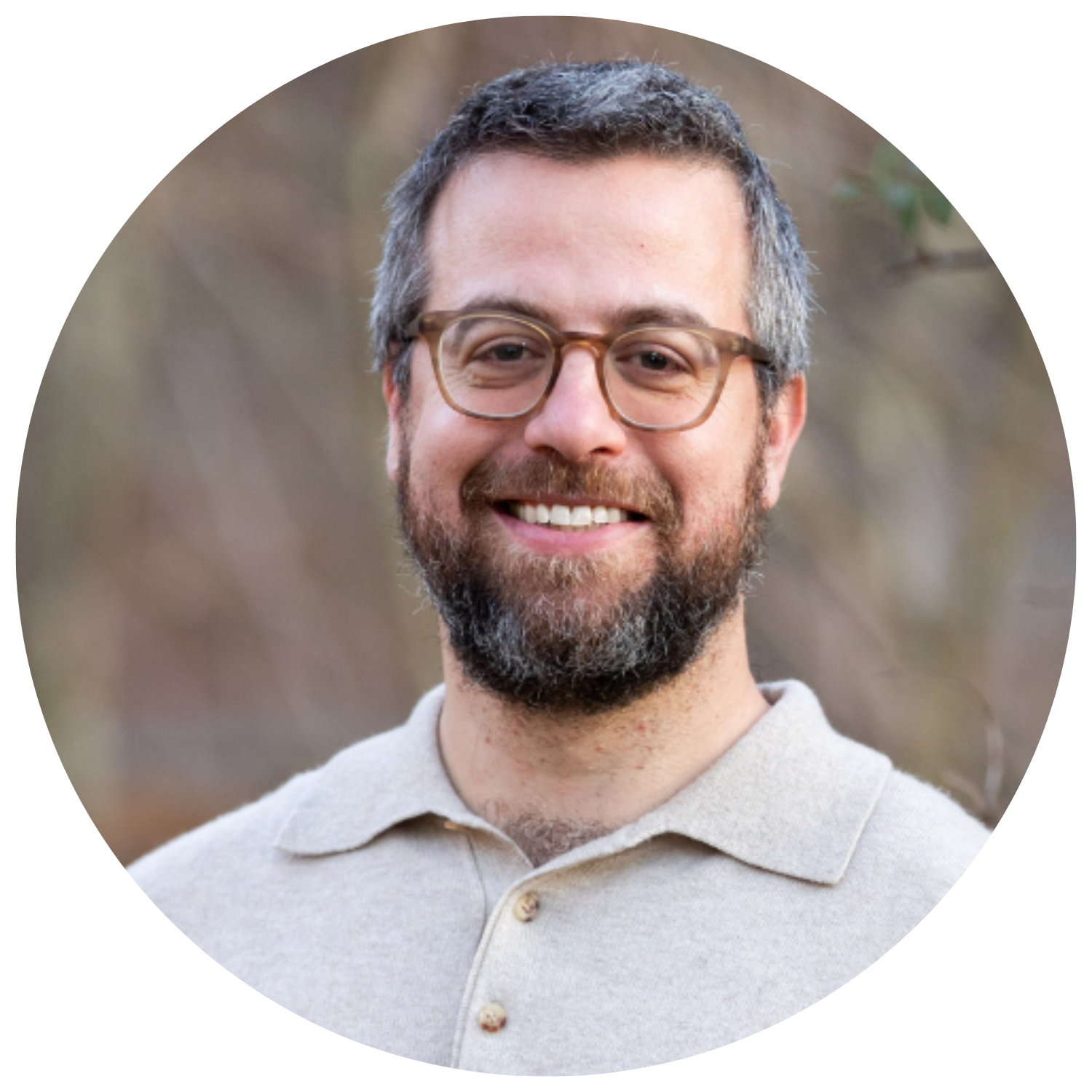
Looking back, it’s crystal clear that Seeds of Opportunity was a pivotal event in the growth and trajectory of our movement. Until that report, Jewish Environmental Education had never been taken seriously as a deeply impactful, burgeoning stream in Jewish life. The report both documented our tremendous impact AND gave us the tools and legitimacy to define and invest in this work as a legitimate and important field in Jewish education. Since then, the funders have invested generously and strategically in the growth and maturation of the movement. – Jakir Manela, CEO of Adamah
Many "Seeds of Opportunity" survey respondents who felt disconnected with Jewish life said they found ways to reconnect through JOFEE experiences. Beyond the program content, the research highlighted that many people were coming to JOFEE to be in a community of like-minded people—and often to reconnect with Jewish life or communities.
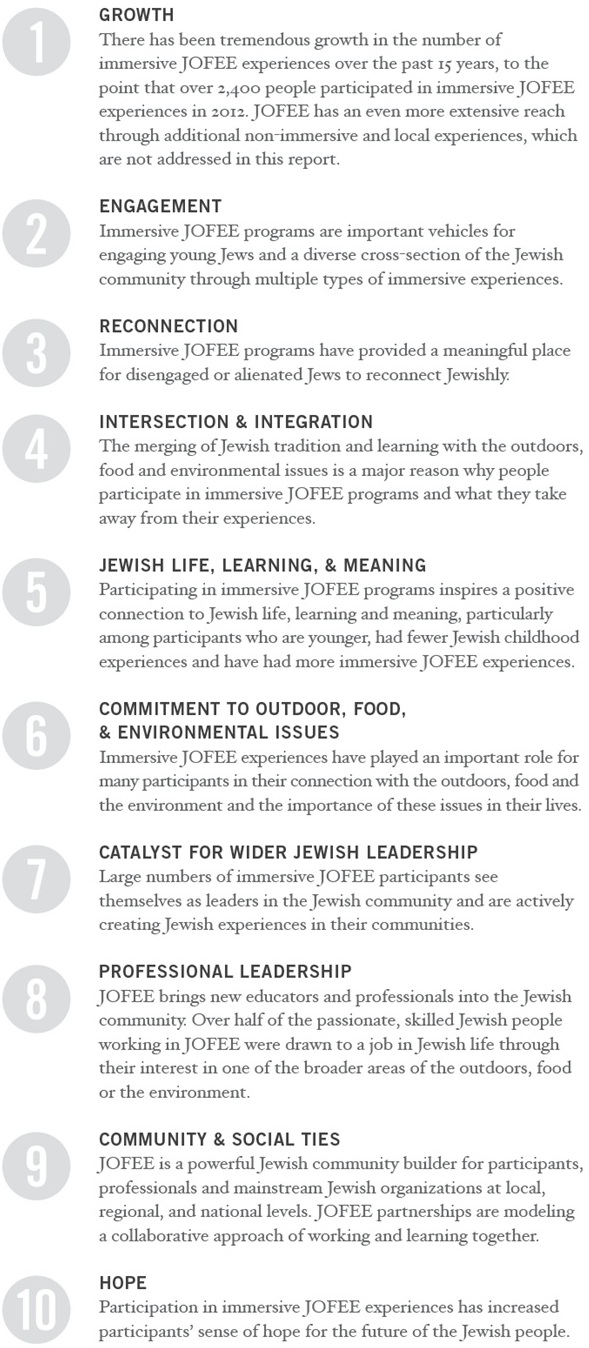
Rabbi Zelig Golden, co-founder of Wilderness Torah and now a senior strategic advisor to the organization says that when when Seeds of Opportunity was released, it was a powerful affirmation of what Wilderness Torah was doing:
We were in our early years building a truly immersive community, experimenting with retreats around major Jewish festivals and holidays—Pesach, Shavuot, Sukkot, and Tu B’shvat especially. People experiencing Passover in the desert for the first time would tell us, "Wow! This is the Judaism I didn’t even know existed. I found community I didn’t even know existed and I realize that Judaism actually provides a home for me." Seeds of Opportunity moved us beyond the abstract and anecdotal, and seeing our impact in print was important. 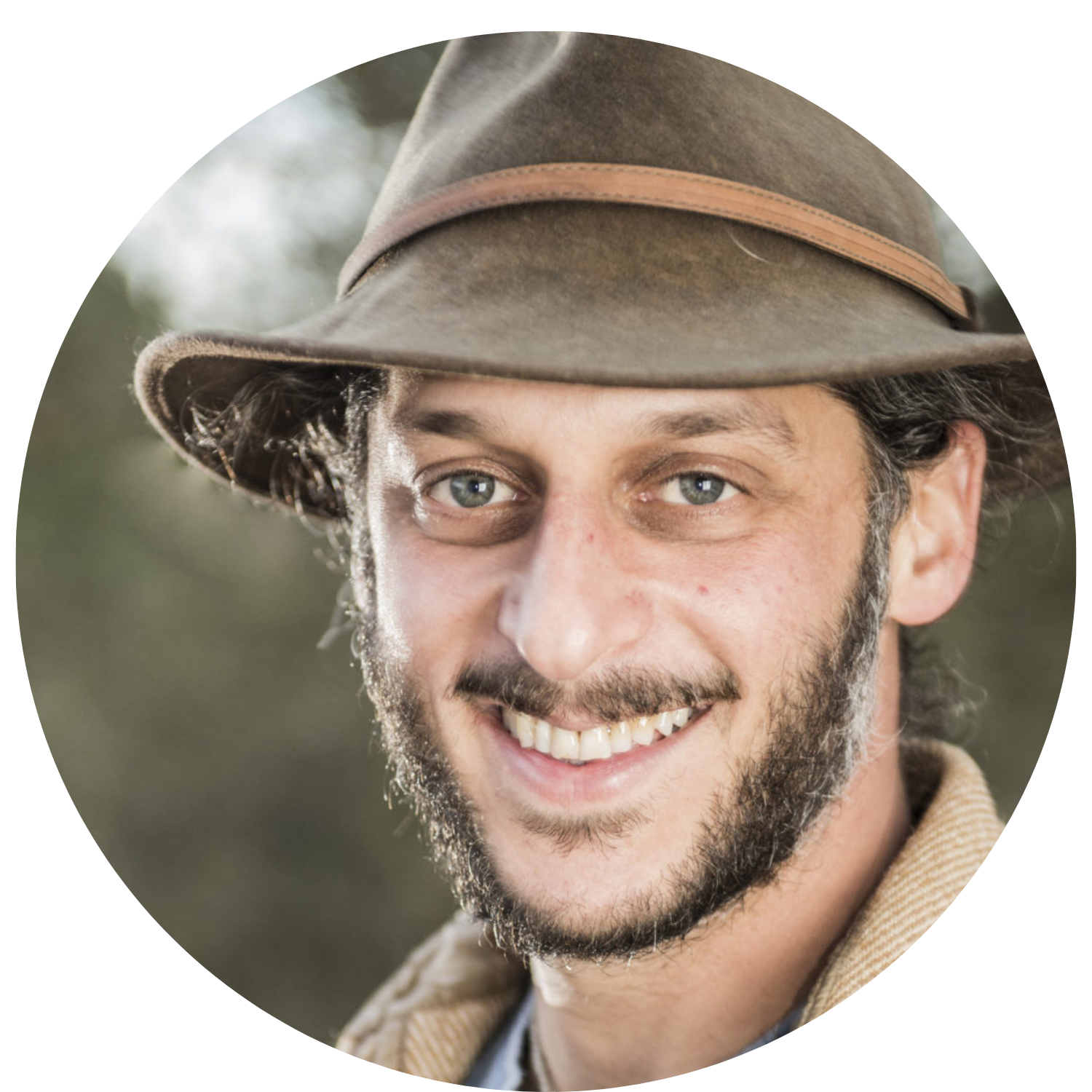 The report told us that yes, we are providing something meaningful, especially to the young adult community, and this is worth iterating on and continuing to grow.
The report told us that yes, we are providing something meaningful, especially to the young adult community, and this is worth iterating on and continuing to grow.
Seeds of Opportunity showed the positive outcomes JOFEE experiences have on Jewish engagement, identity, and connection, and how JOFEE could also help to grow and bring new professionals into the field: “Over half of the passionate, skilled Jewish people working in JOFEE were drawn to a job in Jewish life through their interest in the broader areas of the outdoors, food, or the environment.”

The report demonstrated particularly strong impact from a number of the strongest, largest organizations in the field—Hazon, Pearlstone, Urban Adamah, Wilderness Torah, Eden Village Camp, and others. Today, several of these organizations have merged under the Adamah umbrella, and/or are working to support each other’s work as strong partners and allies in the field. That's because the report itself, and the ensuing years since, built upon our movement’s cooperative culture and deepened our ability and motivation to cultivate partnerships. We really all authentically feel on the same team working towards shared goals, minimizing competition and maximizing opportunities to connect and collaborate. – Jakir Manela
This research is a reminder of the intentionality with which a field is effectively advanced. It highlighted the need for greater collaboration and knowledge sharing among field leaders, safeguards to ensure program quality, developing a core set of outcomes, professional development opportunities, and deep thinking around where and how Jewish Environmental Education programs live within the broader Jewish community.

Our JOFEE organizations all believed that we needed to develop a strong leadership pipeline to grow our movement. The research validated that we were going down the right track, so we leaned into it. After its release, at Wilderness Torah we created the Training Institute and brought in 50 people into each cohort for a weeklong immersion to experience the magic while training them in our nature-based Jewish mentoring curriculum. This enabled the scaling of our curricula to communities across the United States as well as Israel, Mexico and Canada. On the national level, the JOFEE organizations collaborated together to create the JOFEE fellowship, which trained several generations of JOFEE educators. This enabled JOFEE to grow in a sound and grounded way. Seeds of Opportunity gave us the knowledge to stand on and affirmed our instincts, in turn helping our movement to build infrastructure, collaborate more, and strengthen our funding partnerships to launch new training programs. This is how our movement expanded, scaled programs across the country, and introduced more people to spiritual, philosophical, and pedagogical earth based Judaism. - Rabbi Zelig Golden
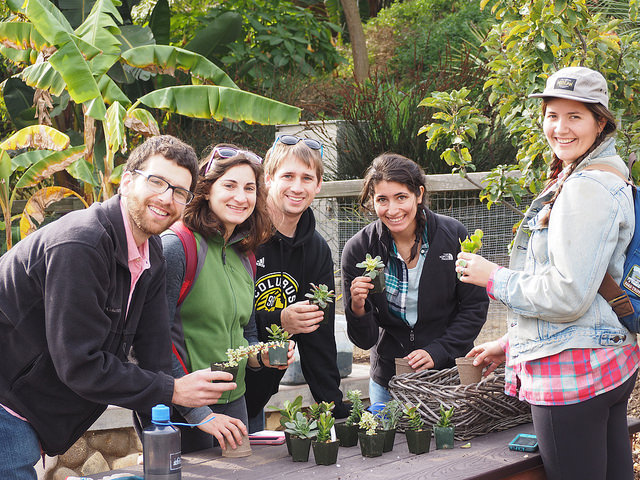
Following this report, the field grew and evolved. Hazon, founded in 2001, ultimately merged with Pearlstone Center and became Adamah in 2023. Organizations like Wilderness Torah and Urban Adamah continue to offer year-round programming, professional development, and meaningful experiences. Jewish Environmental Education programs are woven into the fabric of organizations around the country. Today, Adamah by itself impacts over 33,000 people each year, with many other wonderful JOFEE organizations impacting tens of thousands more.